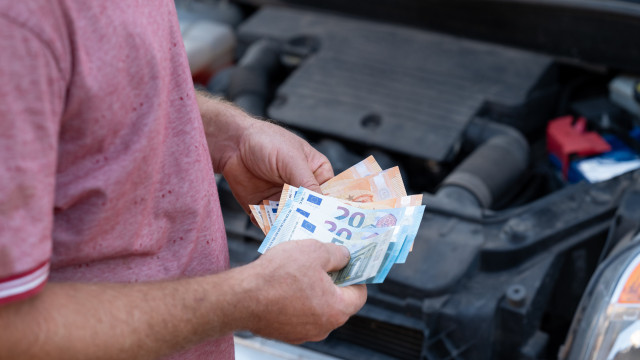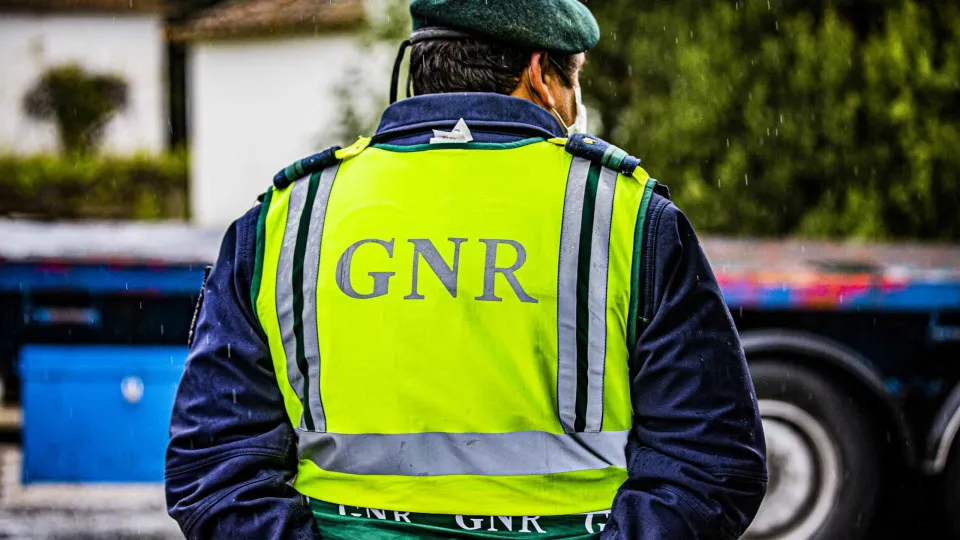Much discussion has surrounded the Single Circulation Tax (IUC) in recent days as changes are set to take effect in 2026, initiated by the government. Here’s a breakdown of what is currently known, summarized in four key points.
- New schedule and single deadline: Currently, the IUC is payable in the vehicle’s registration month, but starting in 2026, this will change. The tax will have a single due date in February (or in February and October, leading to the second point);
- Payment in installments: The IUC will be payable in installments if the amount exceeds 100 euros, with part payable in February and the remainder in October;
- IUC will not increase: The government has dismissed any rise in the IUC, applicable to vehicles registered both before and after 2007. The government assured that with these changes, “there will be no increase in the IUC, and this measure will financially relieve families, especially those with more than one vehicle.”
- Transitional rule: The Ministry of Finance clarified that a “transitional rule” will be included in the government’s proposal to alter the IUC calendar, aimed at avoiding “temporal proximity between those who paid IUC at the end of 2025 and what is due in 2026.”

If you are a car owner accustomed to paying the Single Circulation Tax in your car’s registration month, note that starting in 2026, the payment schedule will change.
Beatriz Vasconcelos | 07:59 – 07/11/2025
Not all drivers must pay the IUC
It is important to remember that certain exemptions are outlined in the law, meaning some drivers are not required to pay the IUC to the Tax Authority. According to the Automobile Club of Portugal (ACP), these are the exemptions provided under the IUC Code:
- Vehicles that are exclusively electric or powered by non-fuel renewable energies.
- Light passenger or mixed-use vehicles up to 2500 kg, registered until June 30, 2007 (Category A), or goods and mixed-use vehicles over 2500 kg (Categories C and D), and motorcycles, mopeds, tricycles, and quadricycles (Category E) over 30 years old, considered of historical interest by competent authorities (e.g., ACP Clássicos), used occasionally and not traveling more than 500 kilometers annually.
- Automobiles and motorcycles over 30 years old that are museum pieces occasionally used with annual travels under 500 kilometers.
- Vehicles owned by individuals with disabilities, having a disability level of at least 60%. To benefit from the IUC exemption, these vehicles must meet environmental requirements: Category B vehicles must have a NEDC CO2 emission level up to 180 g/km or up to 205 g/km (CO2 WLTP), or vehicles registered by July 1, 2007, or motorcycles, mopeds, tricycles, and quadricycles. Each beneficiary is entitled to only one IUC exemption per vehicle per year, not exceeding 240€. The exemption pertains to the owner, though the tax is vehicle-related. Thus, the vehicle must be registered in the name of the person with the disability.
- Vehicles considered abandoned, as per the Highway Code, once acquired by the state or local governments.
- Vehicles declared forfeited to the state.
- Passenger cars intended for hire with a driver (letter T) or taxis registered after July 1, 2007, with a NEDC CO2 emission level up to 180 g/km or a WLTP CO2 emission level up to 205 g/km, or light passenger or mixed-use vehicles up to 2500 kg, registered until June 30, 2007.
- Vehicles of Private Social Solidarity Institutions (IPSS).
- Ambulances and vehicles dedicated to patient transport, as well as funeral vehicles.
- Agricultural tractors.
- Vehicles of forest fire-fighter teams participating in the Forest Defense System against fires.
- Vehicles owned by the Portuguese state (central, regional, and local administrations) or other foreign states.
- Vehicles of military and security forces.




